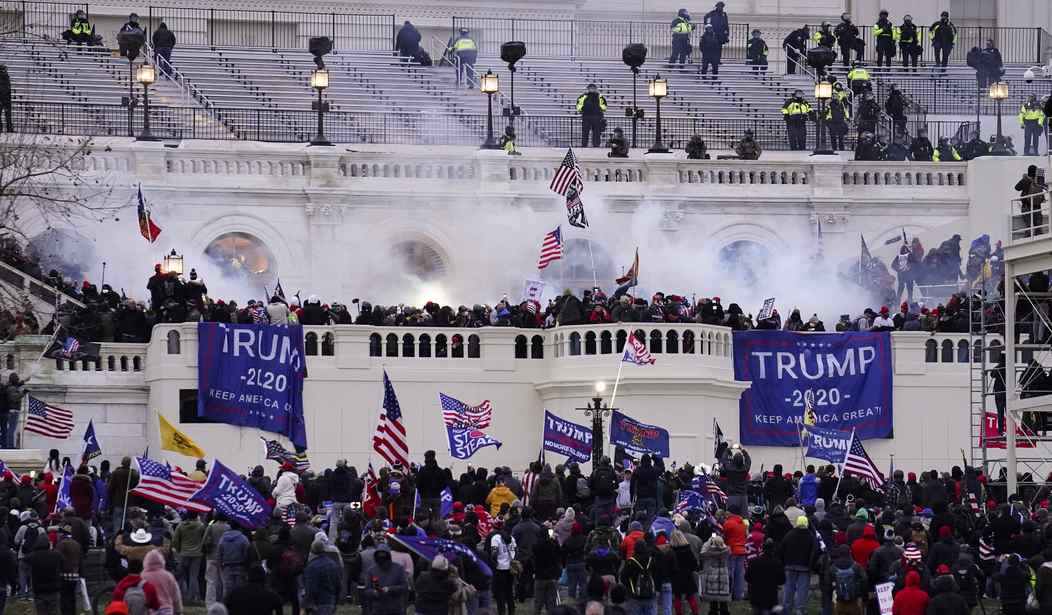Following the 9/11 attacks, Congress passed the Patriot Act in an attempt to keep us safe. While there have been no other mass-casualty attacks by terrorists, at what cost was this “safety” achieved? The government can now get access with relative ease to our personal and private information. They can surveil us even though we’re completely innocent.
Yes, but you might argue that those same laws have made it much harder for terrorists to plot an attack in the shadows and have probably deterred or interrupted many such attacks. And therein lies the dilemma. Civil liberties advocates believe the Patriot Act goes too far in its ability to keep tabs on Americans. And there’s no doubt there have been many occasions where the intelligence communities and law enforcement have not been as careful with our liberty as they should be. Just ask Carter Page.
But there’s always a danger after a terrible event that those eager to take advantage of the people’s fear will pass laws that intrude on our rights as Americans. Already there have been rumblings in Congress of new laws that will prevent the dissemination of “disinformation” and force social media companies to become thought police and prevent unapproved ideas from being widely disseminated.
Who will be the new commissar of propaganda and disinformation? My bet is on Rep. Alexandria Ocasio-Cortez, who seems to be auditioning for the job. She recently said in an Instagram post, “We’re going to have to figure out how we rein in our media environment so you can’t just spew disinformation and misinformation.”
“It’s one thing to have differentiating opinions, but it’s another thing entirely to just say things that are false, so that’s something that we’re looking into,” she said.
The socialist lawmaker isn’t always careful about her words, but it’s worrying when officials talk about a need to “rein in” the media in any context. There’s really no way to cast government action to that end in a good light, no matter what policy tools are intended (Ocasio-Cortez’s office hasn’t responded to a request for comment). To let government agencies “rein in” the media is to put control over speech and the press in the hands of people who always see benefit in less scrutiny and criticism of their own activities.
Indeed.
But beyond curtailing free speech, what changes could be proposed in increasing the power of the surveillance state?
Given that government officials’ wish list of expanded powers are endless, and that they were calling for new laws well before the storming of the Capitol, we should expect a flurry of legislative proposals in the weeks and months to come. We’ll need to scrutinize them very closely, on the assumption that they’ll be as dangerous to freedom as past schemes to protect us from risks real and imagined.
We’ve seen the damaging effect that this surveillance state has had on civil liberties. On the flimsiest of evidence that would have been laughed out of any normal court in the land, the FISA court accepted the FBI’s made-up evidence and tore Trump campaign advisor Carter Page’s life apart. In the hands of bad people, bad things can come from this expanded power.
We seem to have forgotten the adage that has been around since the founding; “Power corrupts and absolute power corrupts absolutely.” It would be well that we recall that adage when Democrats seek to “protect us” from the hordes of right-wing Proud Boys and Boogaloos.










Join the conversation as a VIP Member